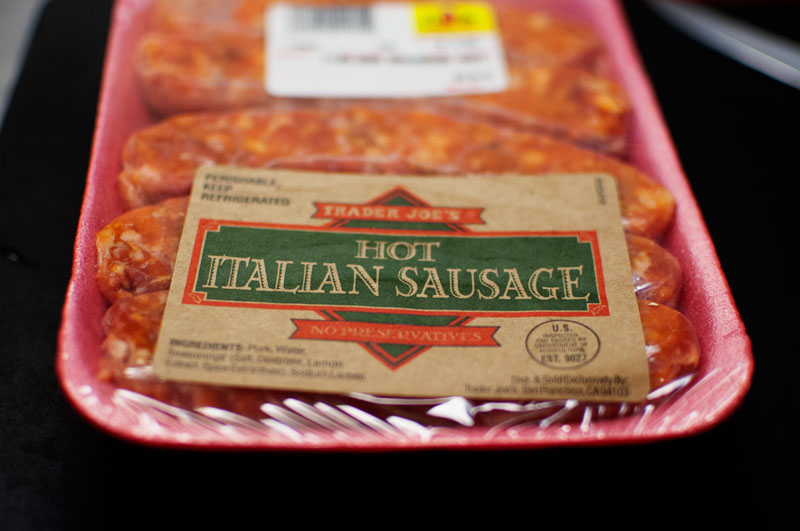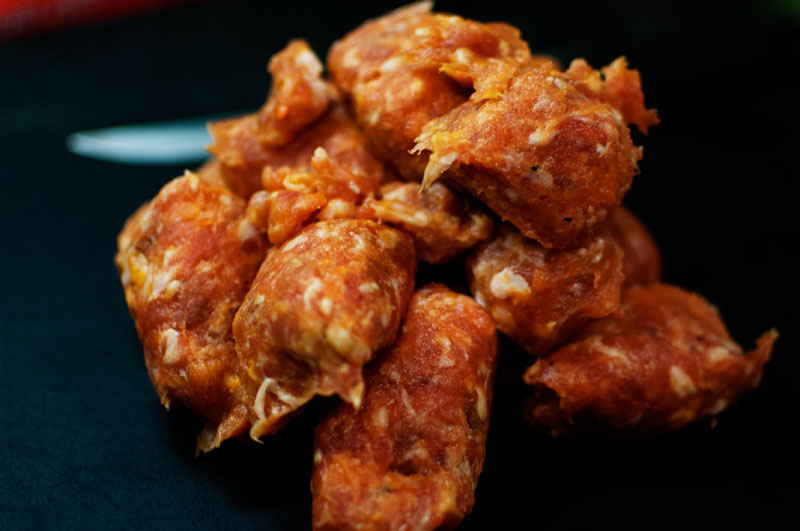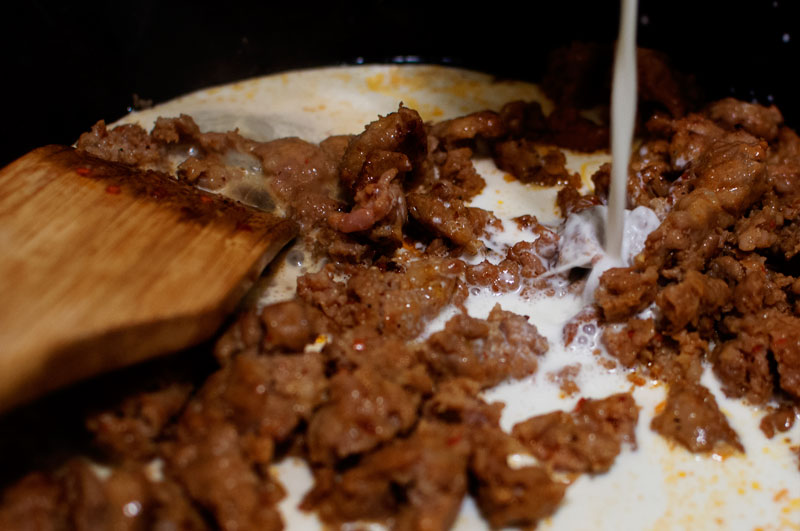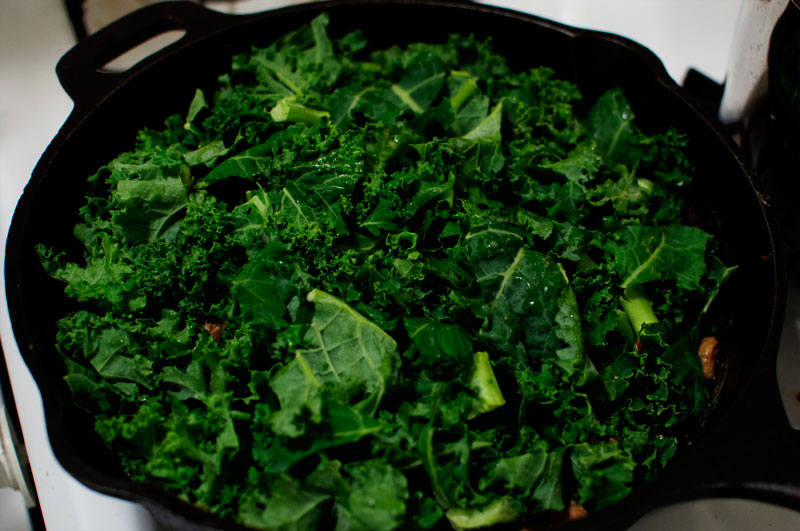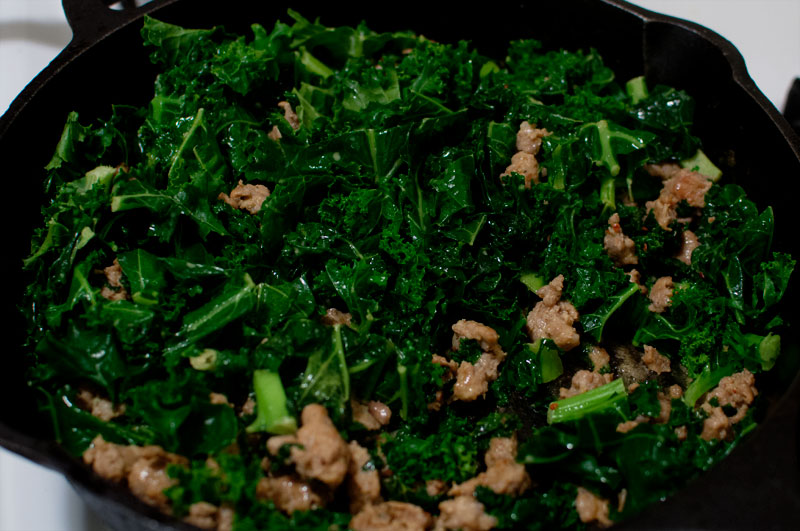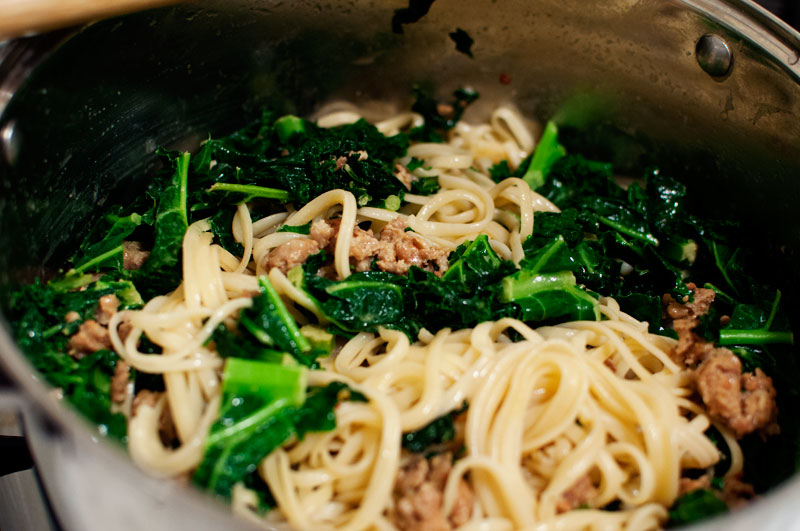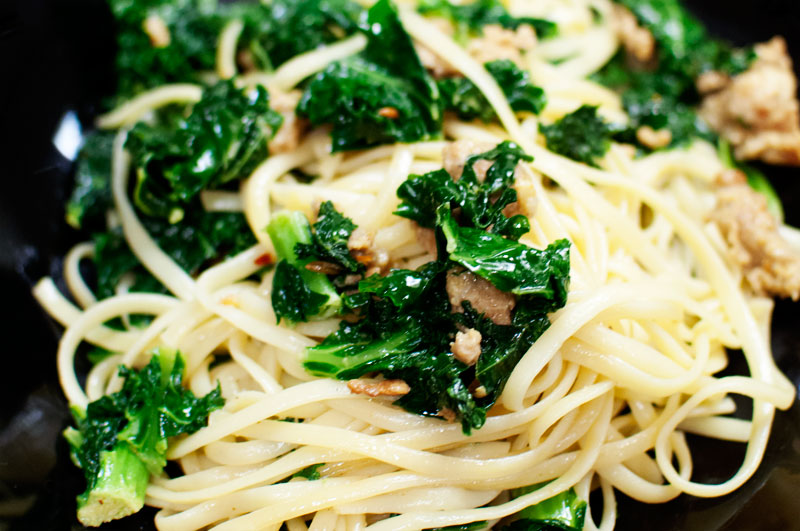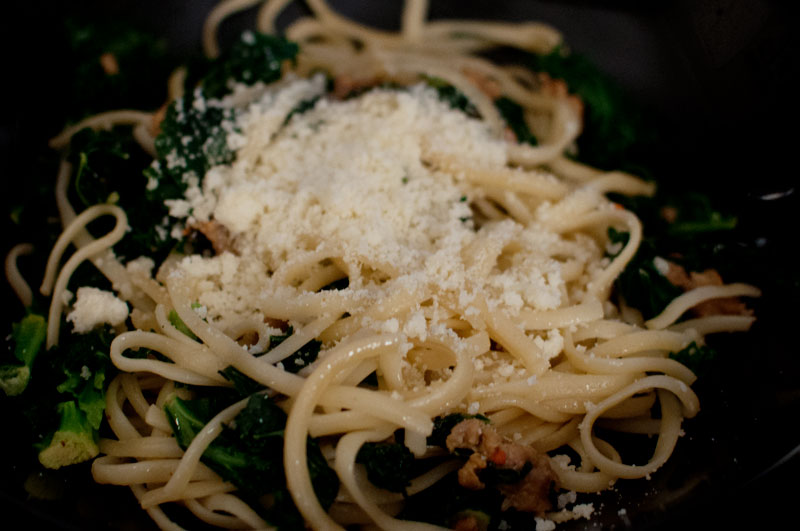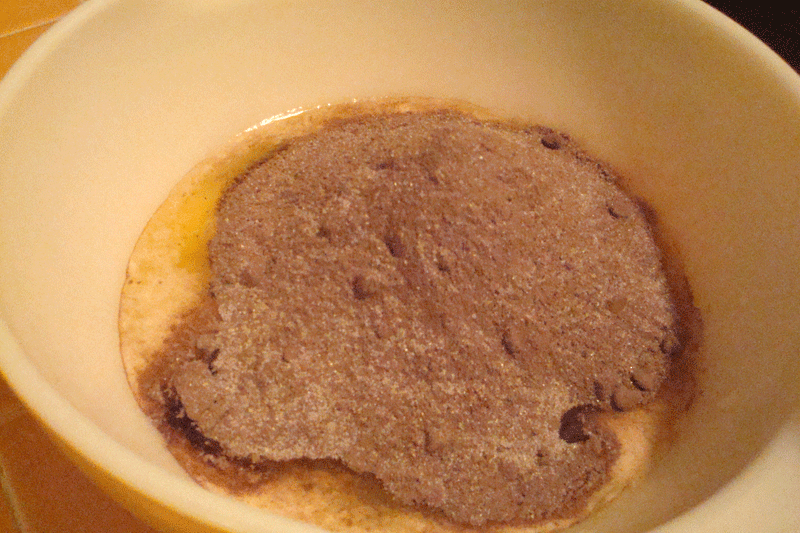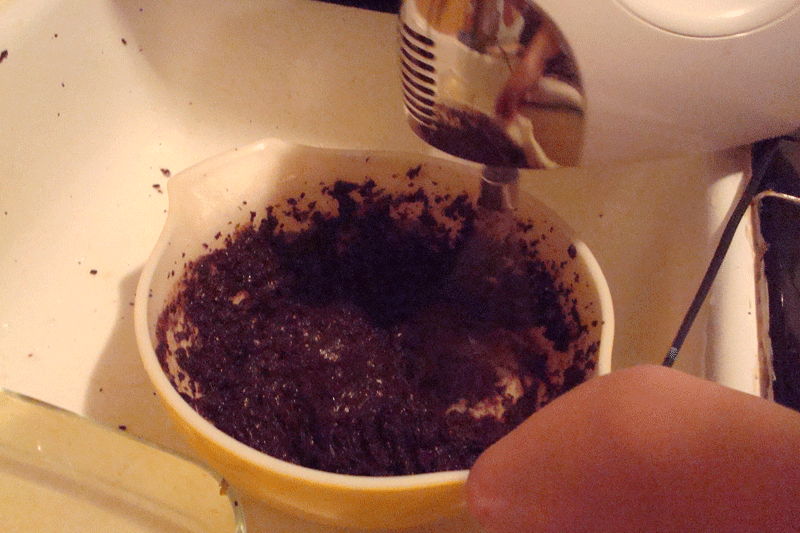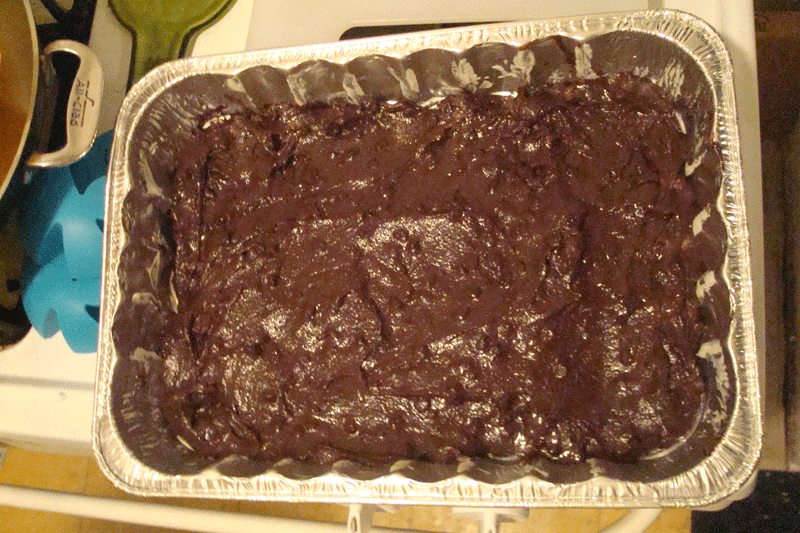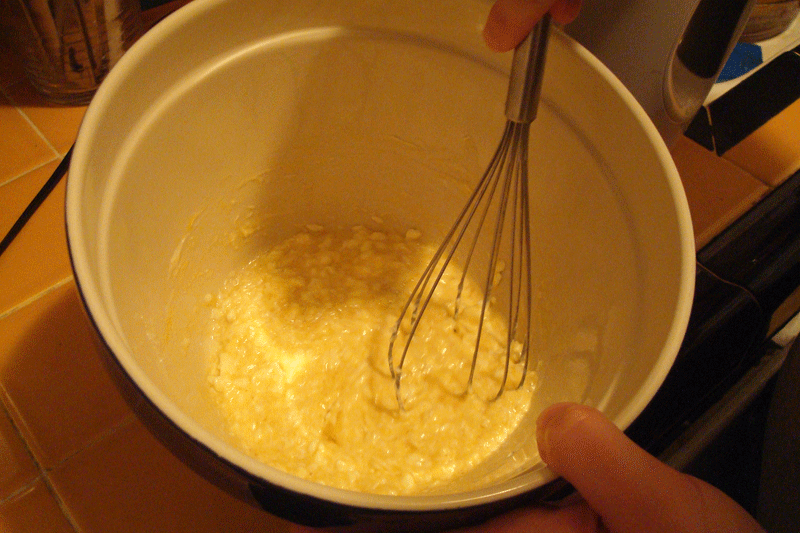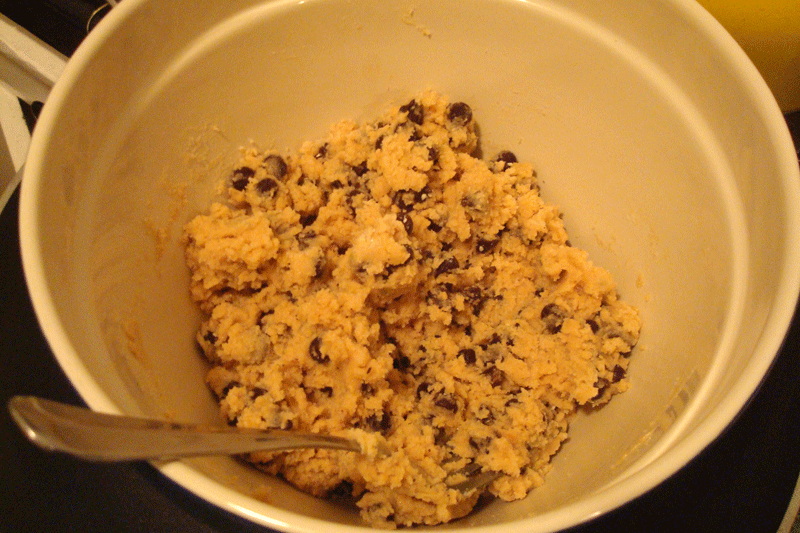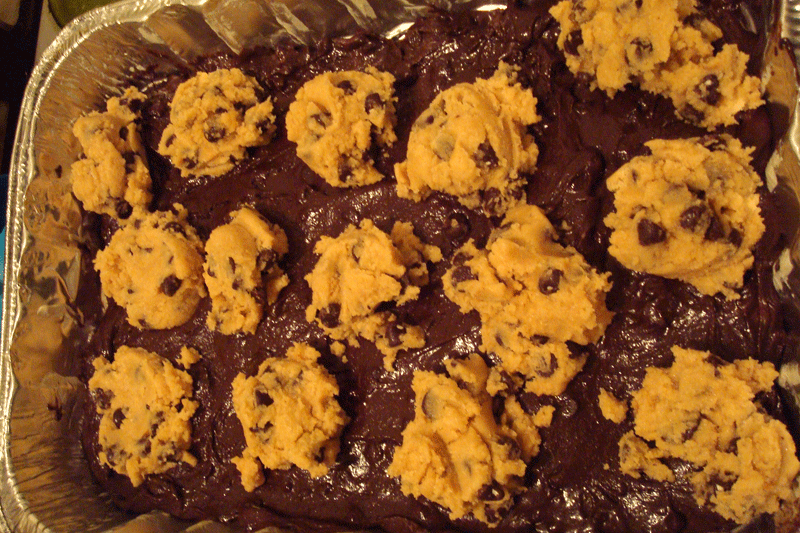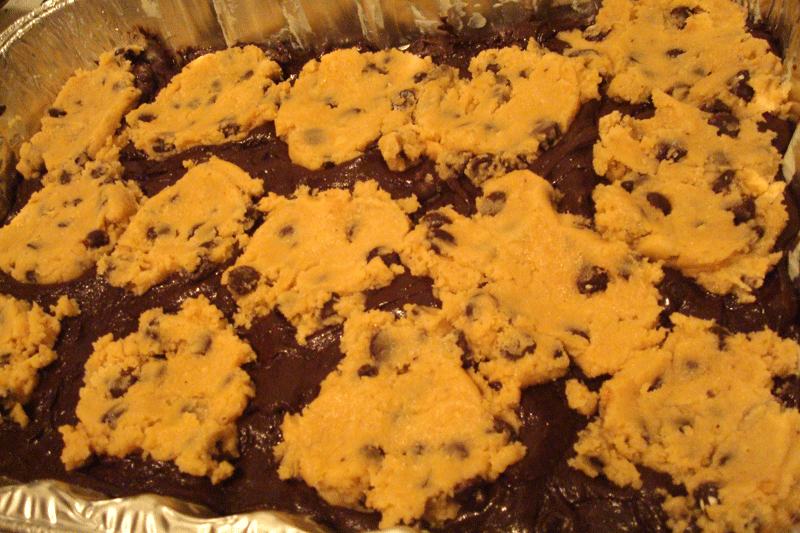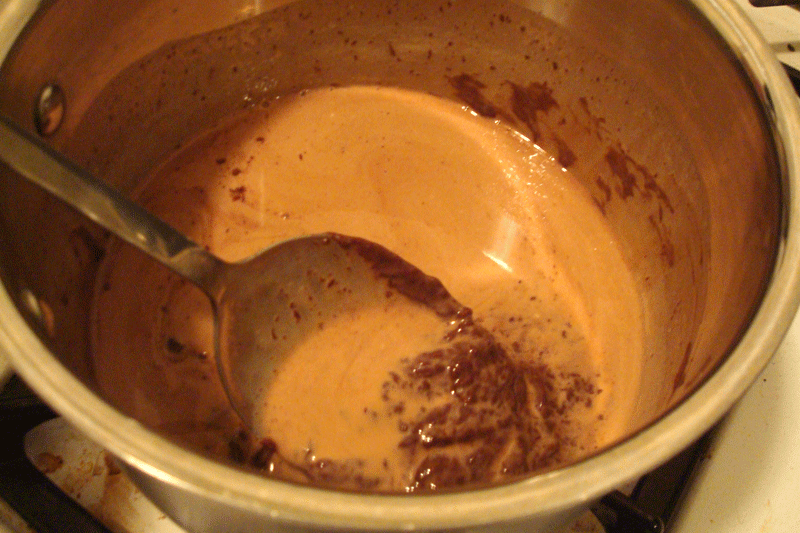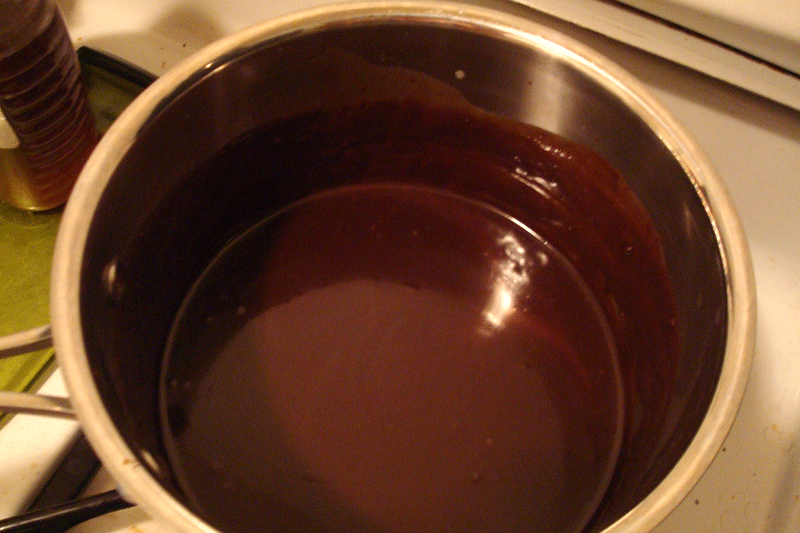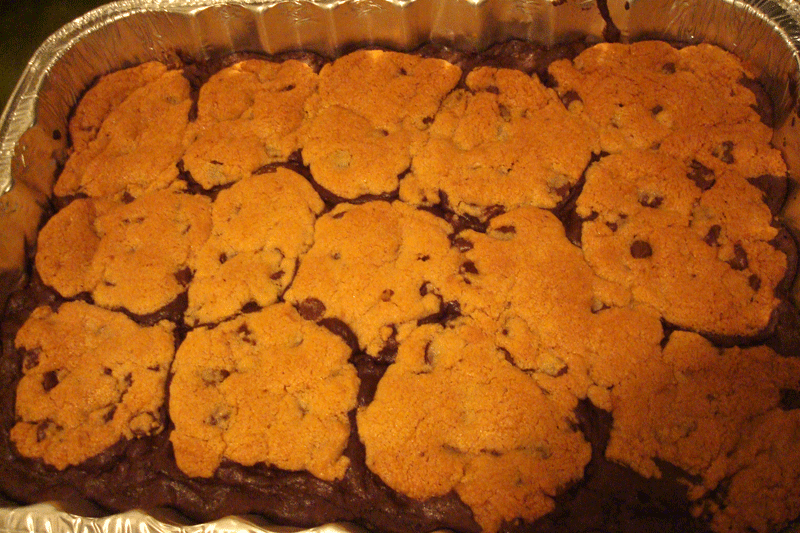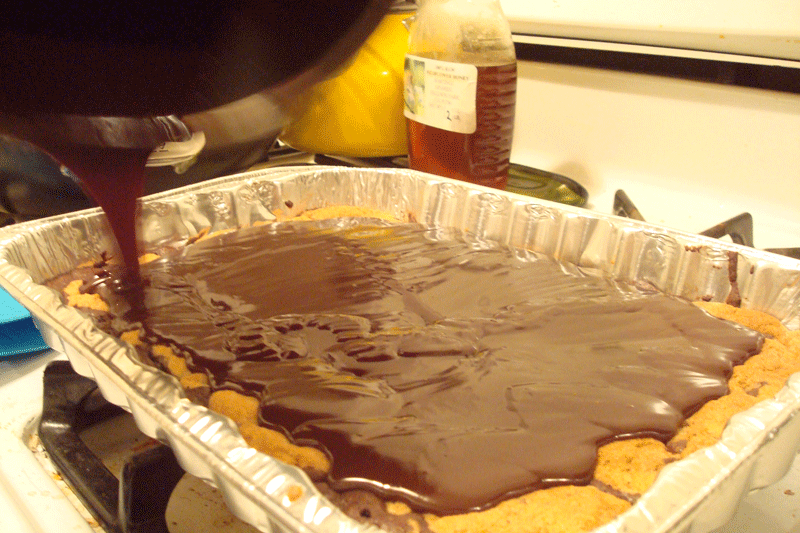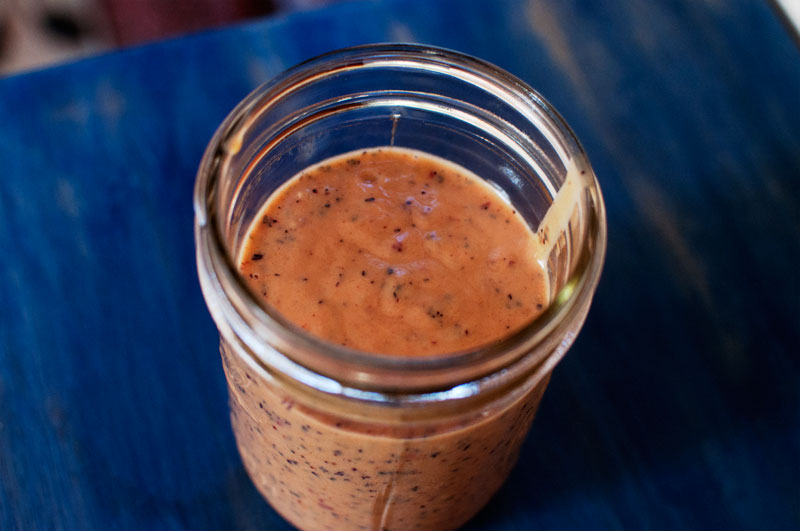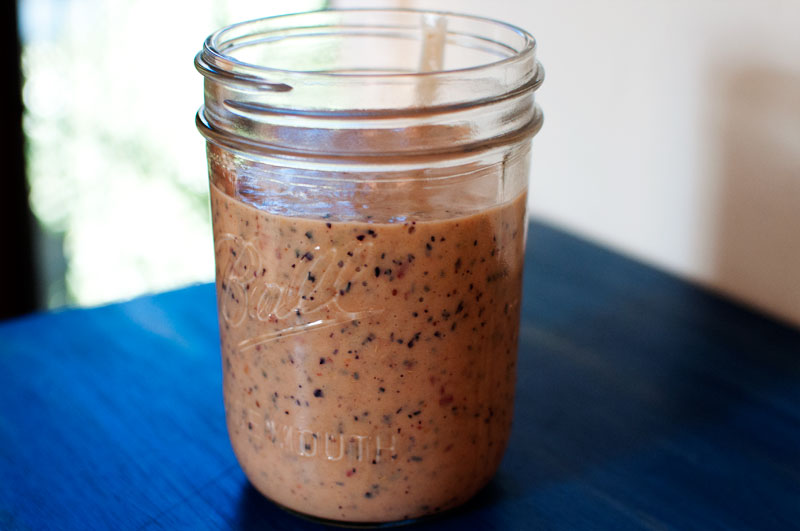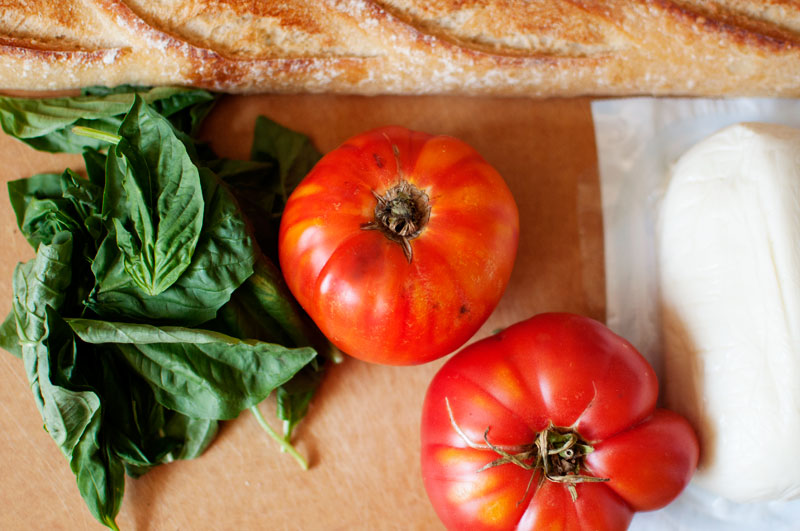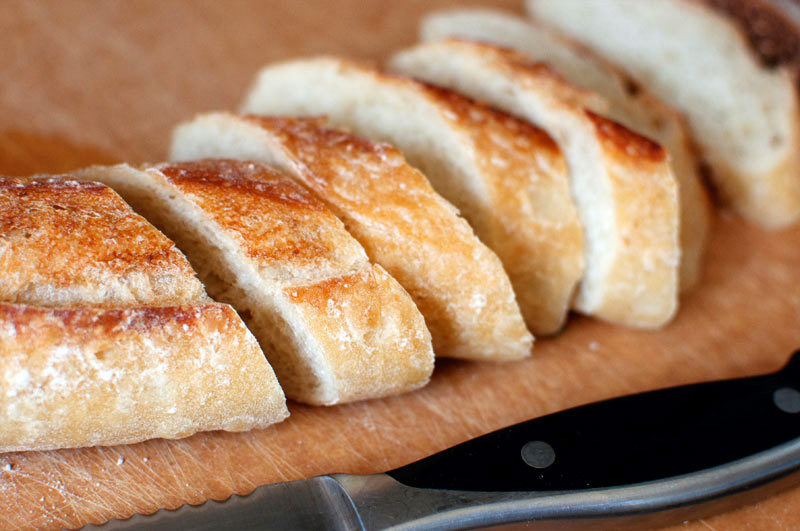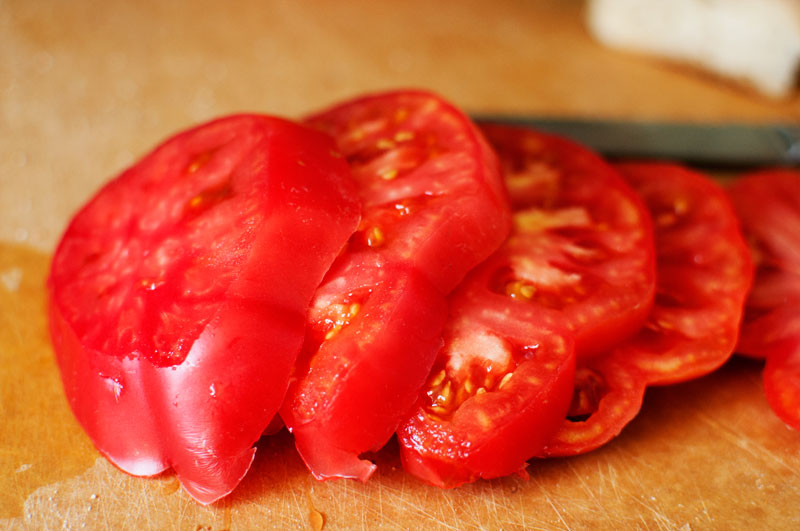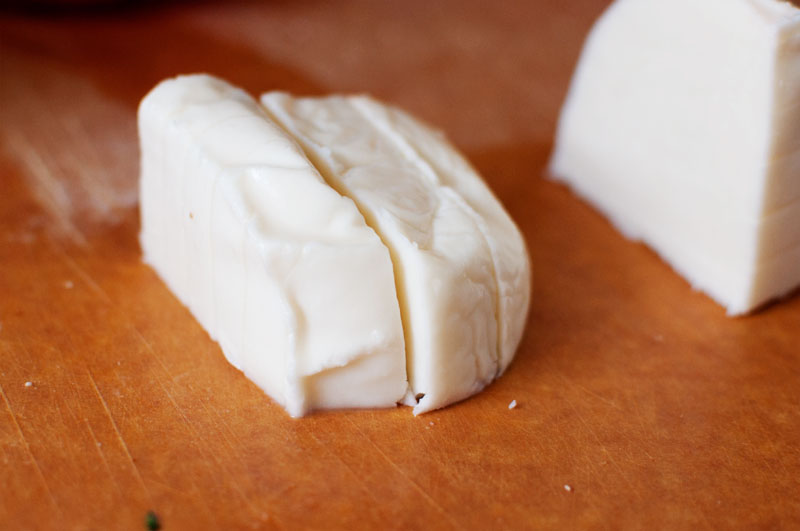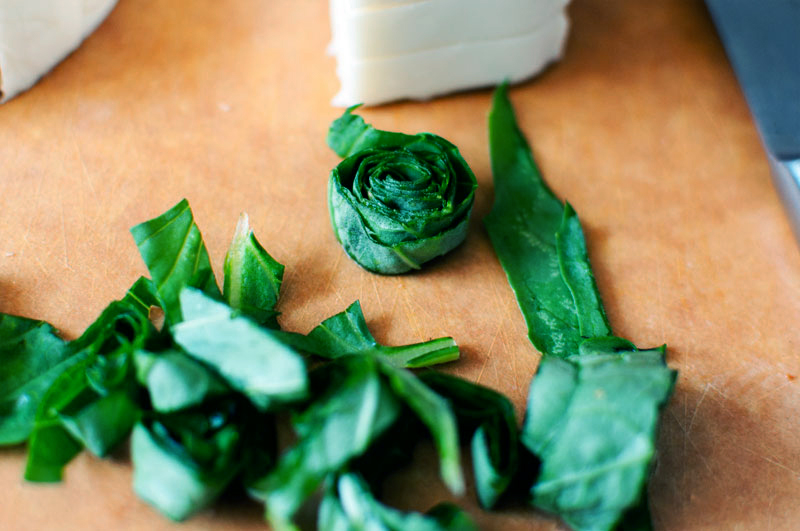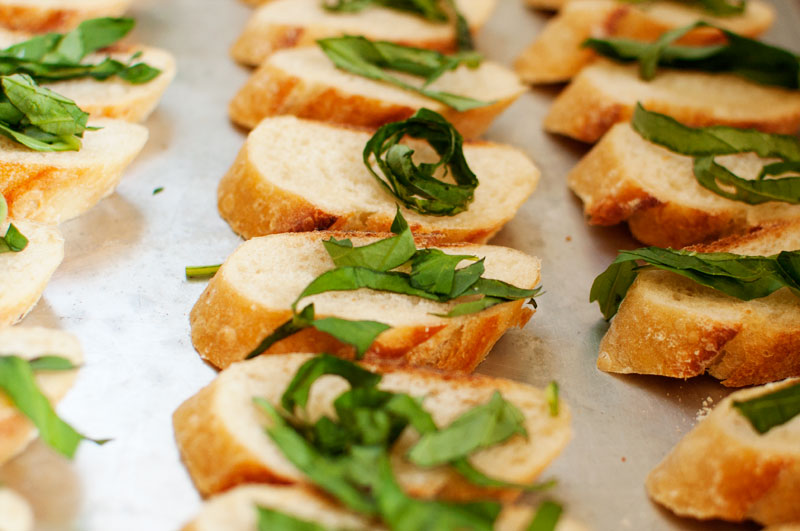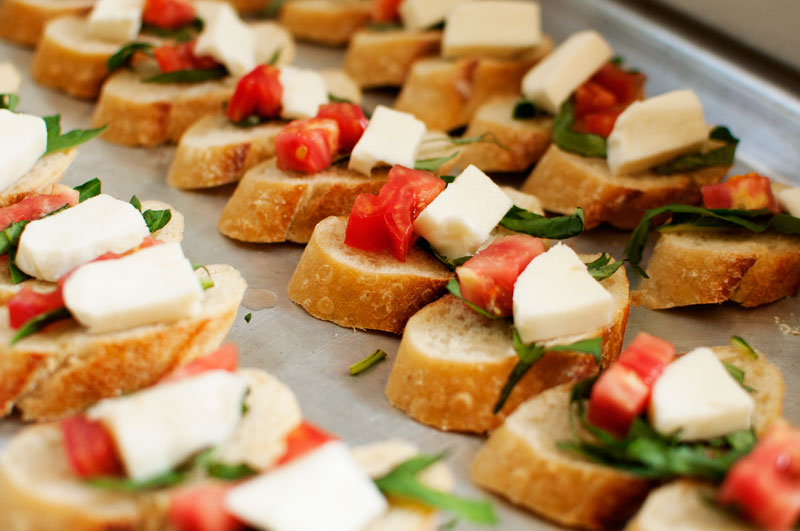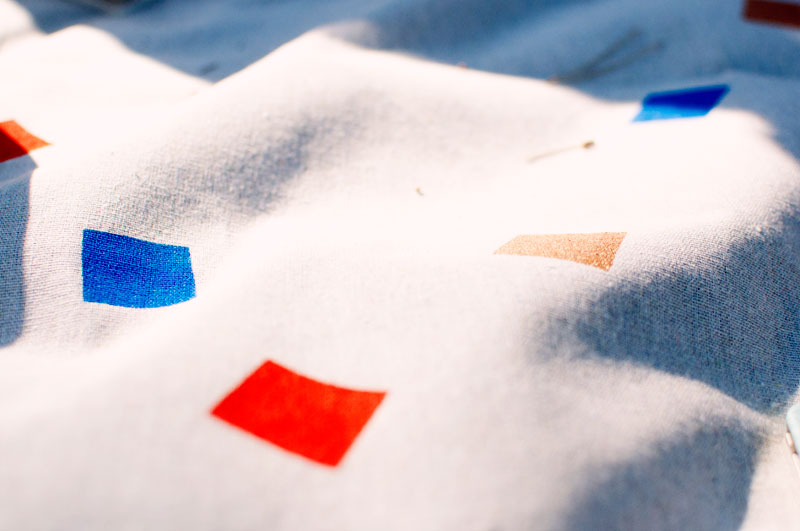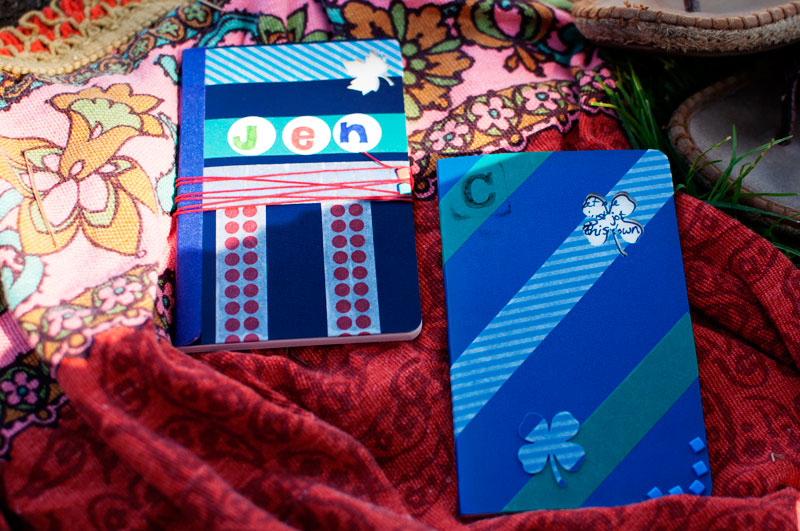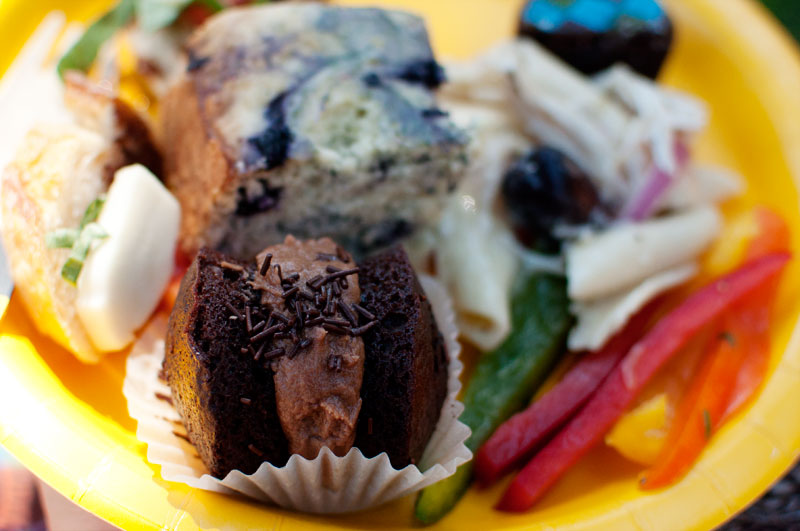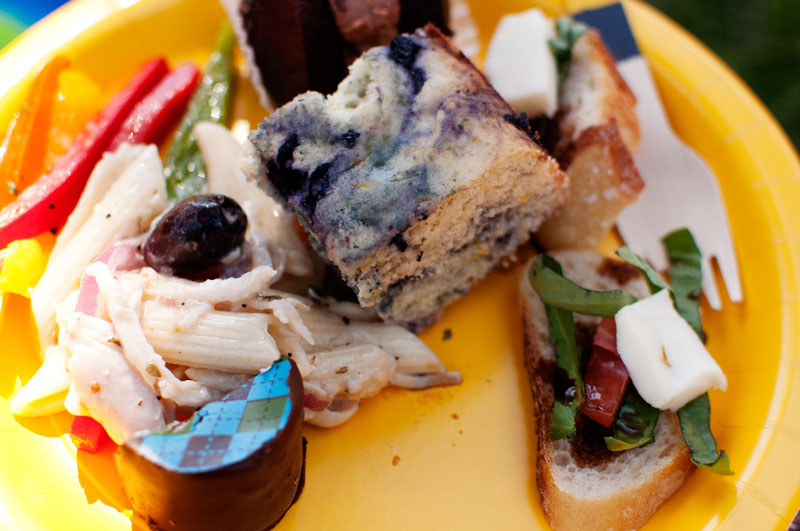Most of the time, I use recipes I’ve found online, in a cookbook or magazine, or seen on a show. I usually edit them a bit to my tastes – less salt, more vegetables, no cilantro, etc. But to make your own recipe from scratch is a whole different approach.
Some recipes are easier than others – stir fry can be any vegetables, an Asian-inspired sauce, and rice. Others require a little more time – making your own baked good recipes can take forever!
Here are a few tips on making your own recipes:
1. Pay attention to ratios in a recipe. If you bake a lot, you’ll start to notice in the recipes you make that ratios will stay the same based on what you’re making. For example, I know the cookie recipes I use are basically 3 parts flour to 2 parts sugar to 1 1/3 parts fat to 2 eggs. You can look at most recipes and discern what a ratio is, and then change it up from there. I use the same cookie recipe, but have used butter, shortening, coconut oil, used whole wheat flour, added spices, etc.
2. Know your ingredients. You may have been making cookies for 20 years, but never looked back to really understand why you have to add baking soda, or baking powder, or salt. You may want to thicken a soup and have the tools right in front of you, but not know how to use them! Understanding why you add something will help you use these ingredients when building your own recipe. Knowing why something has been added to a recipe (for heat? for texture?) will help you substitute when you realize you don’t have something, too, or adapt for allergies or food preferences.
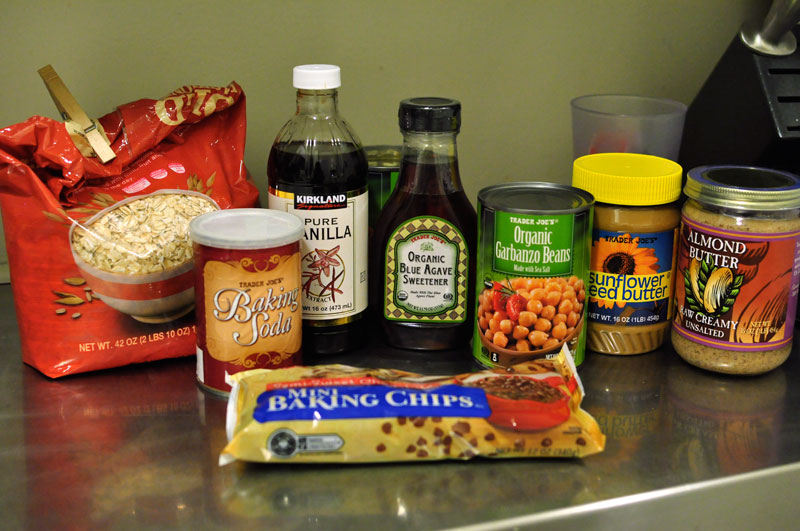
3. Taste, taste, taste. An important aspect of cooking is tasting as you go. If you’re creating a recipe but are unsure of how much spice or herb to add, or if you’re not sure if your onion is really soft enough, you need to taste! Tasting as you go when creating a recipe is imperative. When I make cookies, I taste them before I add the flour, before I add the chocolate chips, and before I put them in the oven, to make sure they’re on track. Once, I used salt instead of sugar in a recipe (can you BELIEVE that) and ensured I didn’t waste all that flour by tasting them first. Thank goodness I did — can you imagine if I had served salty cookies to guests!?!?

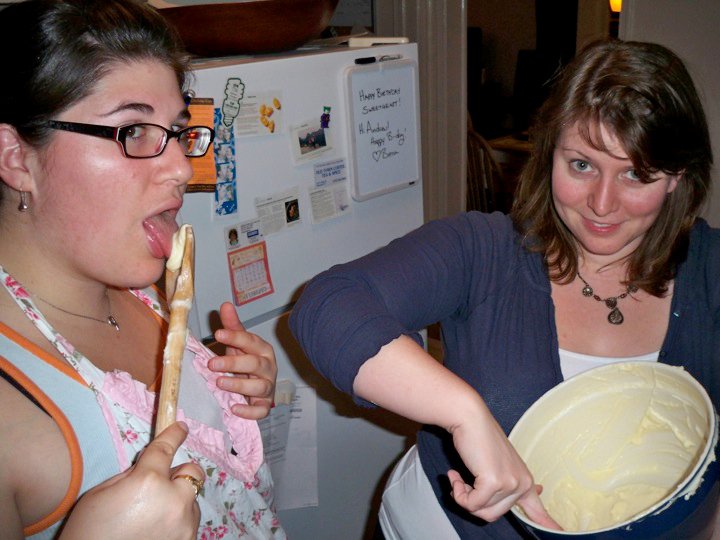
4. Take notes. I always think I am going to remember how I did something, or how much I added, but then a few days later when I go to write up a recipe, it turns out I have no idea. Looking at my pictures sometimes will jog my memory, but probably you are not like me and don’t take photos of everything little thing you make. Notes will help you remember who liked what, how much salt you added at the end, that 30 minutes in the oven was a little too long, and that the recipe might work better with less cream. I keep several pens in the kitchen, and take notes not only when creating recipes, but also when making new recipes – this helps me perfect them!
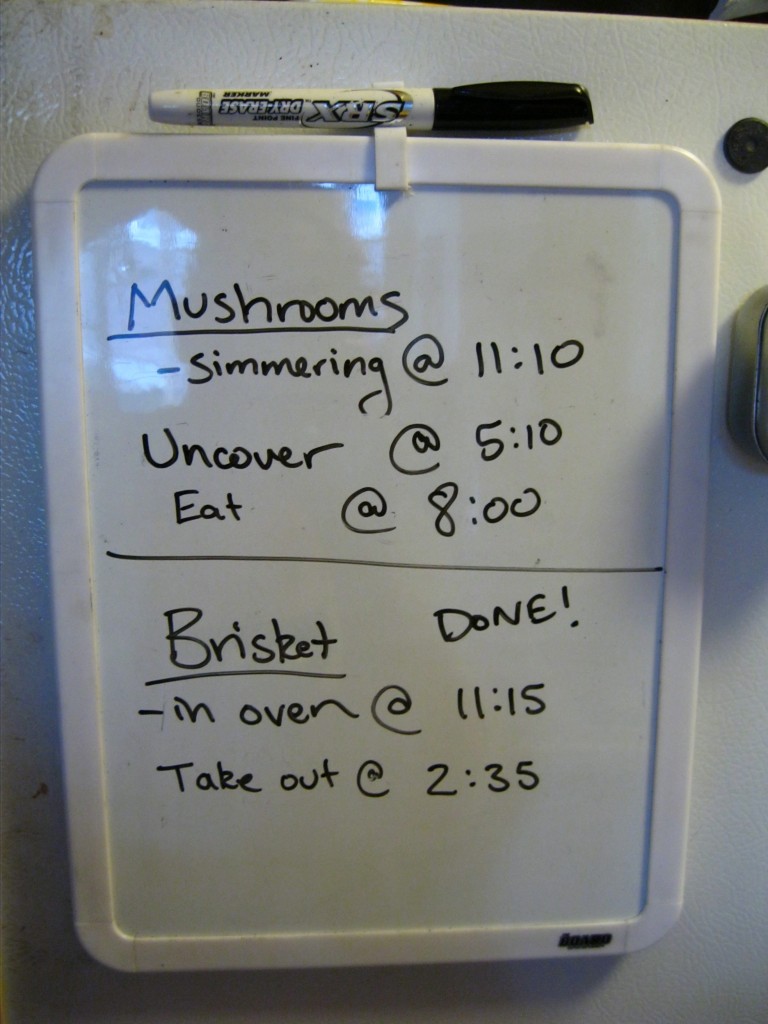
5. Have fun! Cooking should be fun, not stressful. If you start cooking and realize you don’t have this or that, calm down and see if you really need whatever it is. Don’t have jalapeno? Do you have a bell pepper, or another pepper? Why is the jalapeno in the recipe – for spice, for crunch, or is it a garnish? (See 2.) If you follow these other tips, you should be able to handle whatever the kitchen throws at you (your tortillas are moldy or you don’t have enough milk.) Keep a box of mac and cheese in your pantry so any dinner disasters don’t mean you starve.
[addtoany]

